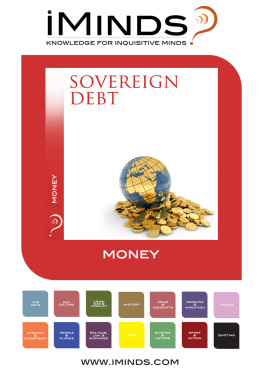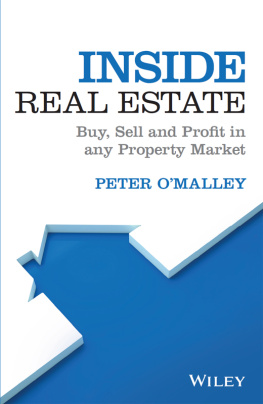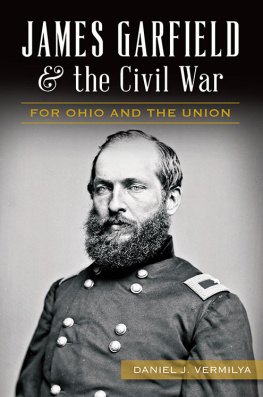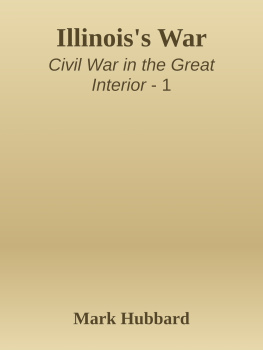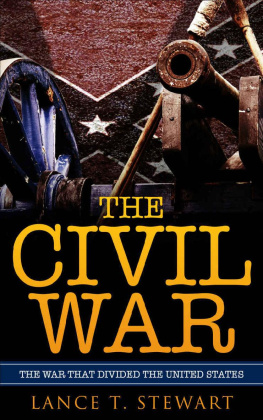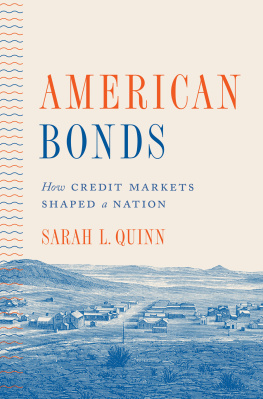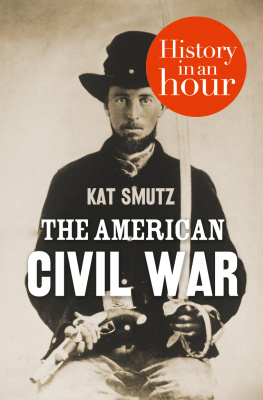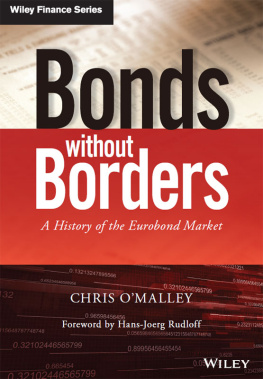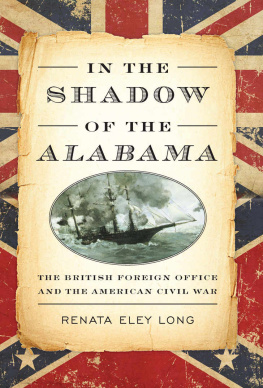Contents
Guide
Pagebreaks of the print version
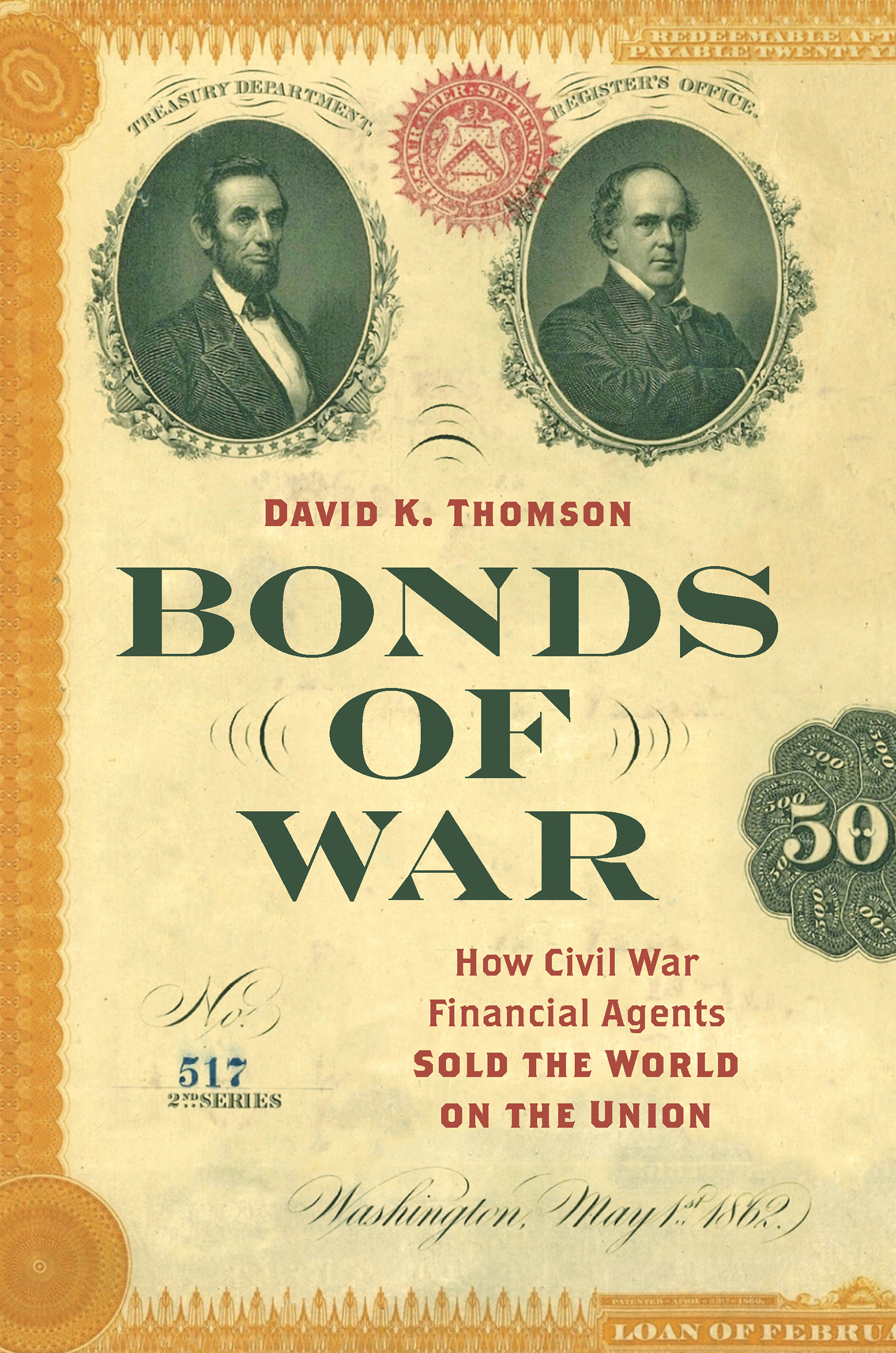
Bonds of War
CIVIL WAR AMERICA
Peter S. Carmichael, Caroline E. Janney, and Aaron Sheehan-Dean, editors
This landmark series interprets broadly the history and culture of the Civil War era through the long nineteenth century and beyond. Drawing on diverse approaches and methods, the series publishes historical works that explore all aspects of the war, biographies of leading commanders, and tactical and campaign studies, along with select editions of primary sources. Together, these books shed new light on an era that remains central to our understanding of American and world history.
DAVID K. THOMSON
Bonds of War
How Civil War Financial Agents Sold the World on the Union
The University of North Carolina PressChapel Hill
This book was published with the assistance of the Authors Fund of the University of North Carolina Press.
2022 The University of North Carolina Press
All rights reserved
Set in Arno Pro by Westchester Publishing Services
Manufactured in the United States of America
The University of North Carolina Press has been a member of the Green Press Initiative since 2003.
Complete Library of Congress Cataloging-in-Publication Data is available at https://lccn.loc.gov/2021054797.
ISBN 978-1-4696-6660-0 (cloth: alk. paper)
ISBN 978-1-4696-6661-7 (pbk.: alk. paper)
ISBN 978-1-4696-6662-4 (ebook)
Cover illustration: 1862 $500 twenty-year coupon five-twenty bond. Courtesy of Joe I. Herbstman Memorial Collection of American Finance, https://www.theherbstmancollection.com.
To Mom, Dad, Patrick, Ellen, and Katie
If it succeeds the bonds are good, if it fails they are worthless, that is the war.
Thomas Haines Dudley, United States consul to Liverpool, to Secretary of State William Seward, December 5, 1862
Contents
Illustrations and Tables
ILLUSTRATIONS
TABLES
Mexican War long-term bond issues20
Public loan transactions of the U.S. Treasury, 18651869183
New York banks, their operating capital, and their subscriptions to the initial $50 million installment205
5-20 Primary sales by subtreasury region207
Acknowledgments
This book, much like the debt it traces, was a product of many cross-country and transatlantic trips. The travel not only enabled some of the vital research for the book, it provided planes and trains as both modes of transit and precious space to write the book itself. While this work stresses the power of debt during the bloodiest conflict in American history, I must also take time to thank those to whom I owe a great debt for their faith in me throughout the duration of this project that spans a longer period of time than I care to note. The debt that I owe many can never be fully repaid, but it is my hope that I can begin the process here.
Great teachers fostered my love of history through the years. My high school history teacher, Mr. Eugene Beliveau, well and truly made history come alive for me, and Ill never forget the opportunities he put before me, such as teaching a Civil War lecture to a group of high school students as a fifteen-year-old sophomore. To this day I likewise will never forget his ability to make the intricate developments of the French Revolution accessible and interesting to that very same sophomore. Mr. Beliveau introduced hundreds of students to history during his tenure at St. Thomas Aquinas and those who were able to take a course with him were better off for it. I am sorry that Mr. Beliveau will not be able to see the final iteration of this manuscript, but I would hope that it would have met with his approval, accompanied by a wry smile as he leaned back in his desk chair.
There is not an institution of higher education in Maine more closely tied to the Civil War than Bowdoin College. As a self-identifying Civil War nerd by the end of high school, I had the great opportunity of attending Bowdoin College as a young and earnest undergrad and it was there that I had the privilege to take numerous courses with Professors Patrick Rael and Jill Pearlman. Patrick served as my adviser from my first day at Bowdoin and I had the opportunity to take courses with Patrick on the Civil War era and Reconstruction. Not only that, Patrick also supervised my senior thesis work on Oliver Otis Howard that resulted in my first publication and furthered my interest in pursuing a doctoral degree. (It is worth noting that the research into Howard would not have been realized without hitting the work-study lottery with a job in the archiveso thank you, Richard Lindemann and Caroline Moseley.) Patrick always pressed me to become a better writer and instilled that desire in me from the time I set foot on the campus. While I know there is still some ways to go to reach Patricks level of proficiency, I hope he will take this offer of gratitude from a former student whom he provided so much to in a four-year period. Patricks voice is frequently in my head as I sit down to write and I hope that he will approve of this work. I also appreciate the opportunity that Patrick provided when he extended an invitation to present an early version of this work at Bowdoin in the fall of 2016. His thoughts helped me to reframe and sharpen the focus of the work. Additionally, I must thank Jill Pearlman for pushing my abilities as a writer and for opening the world of urban history to me, fostering a deep love for so many cities in Europe. Jills courses at Bowdoin are some of my fondest memories and a shining example of the benefits of a liberal arts education. For Patrick and Jill, I must offer my sincerest thanks for their willingness to put up with an overanxious undergraduate and push him to develop better writing skills, better argumentation skills, and confidence in his own abilities. Truly, this project could not have been possible without the groundwork that they helped to lay.
This project began at the University of Georgia. I must thank, first and foremost, the University of Georgias History Department, and especially the travel funds endowed by Greg and Amanda Gregory that proved instrumental in facilitating the research for this projectespecially the research conducted abroad. I truly believe this story cannot be told without the European narrative incorporated, and to move beyond mere newspaper articles and online source materials, it required access to archives in Europe. The Gregorys helped to facilitate travel to London, Paris, Amsterdam, Brussels, and Frankfurt to research the scope of American Civil War bond sales abroad. To them I owe a tremendous debt of gratitude. I also want to thank the History Department at UGA for signing off on said travel and for having faith in me to conduct this research. Thanks are also in order to the University of Georgia graduate school, which helped facilitate travel to England as part of a doctoral exchange with the University of Liverpool.
There were many at the University of Georgia and beyond who aided this project that resulted in this book. First and foremost, I must thank Stephen Berry. Steve took an eager student under his wing and pressed me with my writing and exploring new topics of interest that culminated in an exploration of Civil War debt. I must also thank Stephen Mihm, Daniel Rood, and Julia Ott. It was a privilege to work with a quartet of such knowledgeable historians. All four helped in various ways to refine the project as it evolved by offering strong commentary, feedback, and probing analysis of what I was trying to accomplish. The two Stephens continue to influence my writing and work to the present day and I am truly in their debt. It is my hope that they have learned something in this process about the subject matter as a small repayment for all the assistance they have offered to me. I earnestly look forward to calling these individuals colleagues as I move forward with my professional career.


